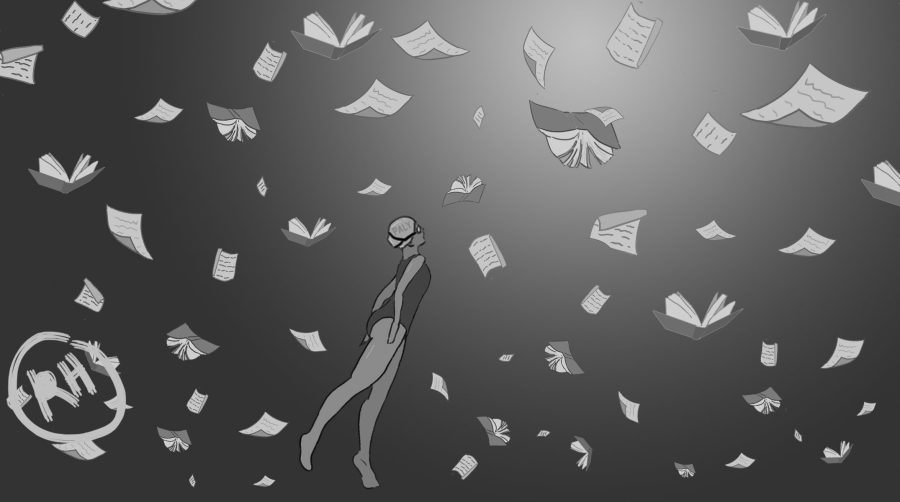Many students are familiar with the stress of balancing loads of school work with other obligations, such as extracurricular activities, sports and familial obligations. For students who participate in athletics, their numerous hours of practice are often complimented with unnecessary and time wasting physical education (P.E.).
Palo Alto High School established its Independent Study P.E. Prep Policies to allow student athletes who do not practice sports on a Paly team the chance to apply for a preparatory period in place of physical education. However, this policy is flawed.
To be eligible for an Independent Study prep, there are three conditions that need to be met: the student must have a minimum of three years of prior experience in the activity, the qualifying experience must be a year-round instruction or training five to six days per week and the student must train a minimum of 15 hours per week under the appropriate supervision of a qualified coach.
At first glance, this criteria is understandable, but a deeper look shows it is riddled with fundamental flaws.
To start, needing three years of prior experience towards a sport is unfair to ask of students and is, quite frankly, irrelevant. It is understandable that Paly wants its students to show a certain level of dedication to their sport before granting them a prep period; however, these student athletes are still spending the same countless hours as any other student athlete, and their efforts should be rewarded accordingly.
As stated by the course catalog, the main focus of physical education is to lay “the foundation for a physically active lifestyle … so that students become independent learners who initiate and monitor their own participation in physical activity.” It is sufficient to say that any athlete spending more than 15 hours a week, five to six days a week year round can easily meet or surpass this mission statement, regardless of how many years of experience they posses.
This brings up yet another problem: a student in P.E. gets less than four hours of exercise a week from the class.
Why does it take almost four times this amount of hours put into athletics outside of school to be exempt from physical education inside of school? Exercising 15 hours a week outside of school to replace the four hours during school is not fair.
Many students who do not satisfy all of the demanding requirements instated by the independent study prep policy often face difficulties from these restrictive policies.
“I do crew and I have 15 hours of practice a week, 21 including transportation. I often find myself losing sleep because I don’t have enough time to do all my homework and projects or study.”
Sophomore Lucas Finot
On the other hand, according to Peter Diepenbrock, a physical education staff member, “[The physical education staff] ideally would prefer to have all students in P.E. We think it’s very important from both a lifelong fitness perspective and from a social development perspective as well.”
But above all, a prep period is essential for student health. Athletes who are highly committed to their sports lack the time after school to complete homework, projects or study for exams, leading to many late nights and loss of sleep.
Additionally, students who are struggling in class lack the opportunity to seek and receive extra help from their teachers.
Athletes need all the time and resources they can get to ensure they can succeed academically as well as in their respective sports. It is imperative that Paly’s prep policies are reformed so all qualified athletes earn an independent study prep.



